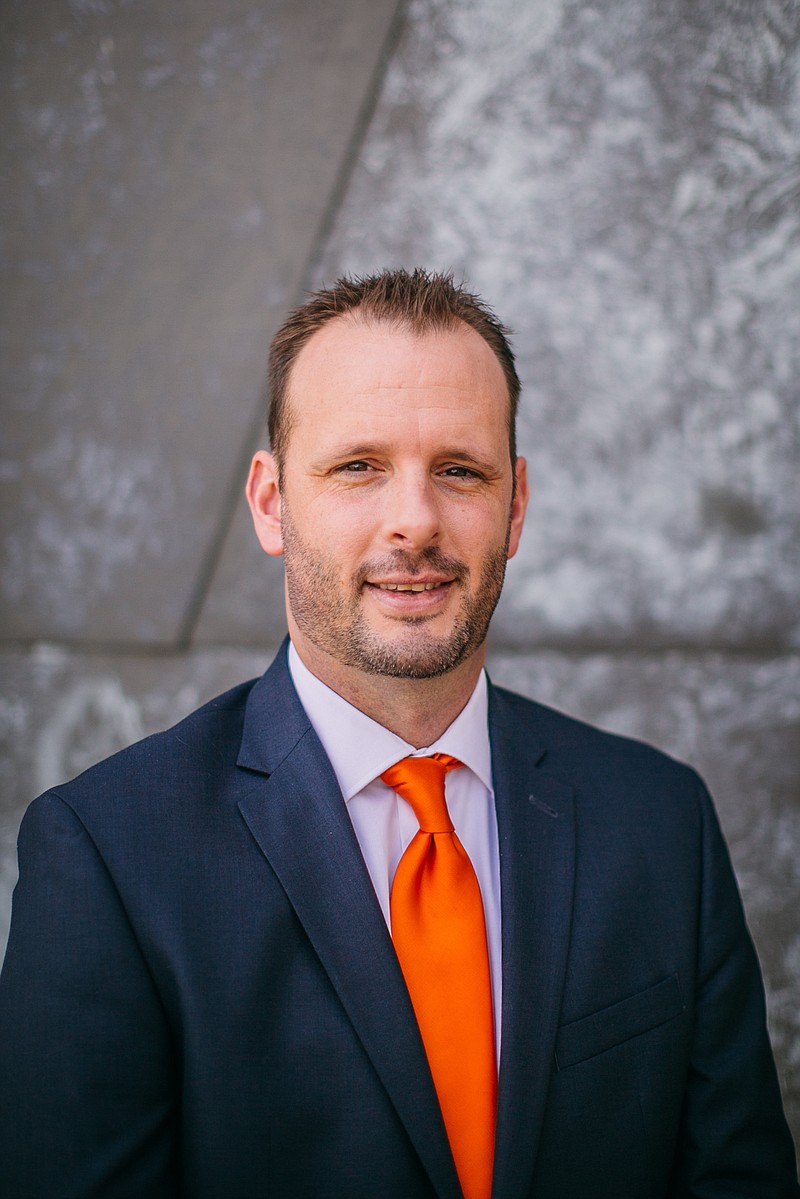I recently found something I had written on the inside cover of a Bible I carried when I was in college: "If everyone shares their faith like you do, would the Church grow, become stagnant, or fade away?" Ouch. I hate when I'm asked tough self-awareness questions - especially by my own self.
This question came back to me as I've pondered the conversations taking place across the community on "equity" in my work with Chattanooga 2.0 and as an individual who cares about our community. If everyone in the community approached equity the same way I do, in particular equity for ALL students, would our community grow, become stagnant, or fade away? The self-awareness I'm forced to acknowledge when I answer honestly is humbling.
This isn't the first time the question of personal reflection in the equity space has grabbed me by the metaphorical ears. A few months ago I attended an equity in education convening in New Orleans, and we were asked to list specific ways that personally or professionally we address the issue of equity for students. What did I find in my self-reflection? I found that I TALK about equity a lot. I meet about equity a lot. I read about equity a lot. I define equity in theoretical terms a lot. I do a lot of sage nodding and brow furrowing in discussions concerning equity. What I'm NOT doing a great job of is defining what equity looks like in practice for me personally or professionally.
To be honest, I'm embarrassed that I have not publicity spoken to the issue before now. Silence on an issue can easily be viewed as assent for the status quo, and the status quo isn't cutting it for some students across Hamilton County. I think sometimes as organizations or leaders in the community, we keep looking to each other for the moment to rise up and not only stand in the breach for students but also push back on vitriolic rhetoric when it arrives on the scene to divide us.
Equity was one of the priority areas identified through our Chattanooga 2.0 community engagement. Through the lens of the Chattanooga 2.0 work, at a minimum, equity is about access for ALL students. Access to resources, access to wrap-around supports, access to early childhood supports, access to post-secondary pathways and sufficient support on those pathways to obtain a market value credential. Those are foundational starting points in education, but it's also much more than this at an economic mobility and societal level, where more voices need to be heard and more concrete strategies need to be implemented.
From the 2.0 perspective, an equity strategy is not something implemented in isolation. It's something that should be layered into all the work we do, birth through career, and equity discussions must be more than theoretical. As a coalition, we are committed to working with community organizations, businesses, elected officials, the school district, and post-secondary institutions to define what equal opportunity actually looks like in practice and help implement meaningful solutions.
Dr. Bryan Johnson, superintendent of Hamilton County Schools - and our school board, with the support of our 2.0 coalition - took an innovative and tangible step forward in creating more equitable access to post-secondary pathways with the Future Ready Institutes, helping students access career-specific programs at multiple Hamilton County schools.
On the early education end of the continuum, our community's new Camp K initiative is creating a much stronger foundation for young students, so they don't get trapped in the cycle of "catch-up" from the moment they enter kindergarten. Proactive initiatives like these that are an underway attempt to undermine the cyclical poverty in which many students reside and combat every day. I'm appreciative of the leadership Dr. Johnson has shown in developing or supporting initiatives like the Future Ready Institutes and Camp K. He has already positioned the district for long-term success with his approach to innovative strategies and talent recruitment.
But we can do more. We must do more - as a community, as a 2.0 coalition, and as individuals - to create greater equity and educational opportunities, especially for students living in poverty and students of color. We must do it with a sense of urgency with a commitment to tangible results and outcomes for students. I know personally, and as a coalition, we need to be more intentional with embedding the equity strategies in our work and in transparently tracking the results.
There is no silver bullet strategy that will solve the equity issues facing our community; instead, we need a silver buckshot approach. We need multiple commitments and actions from individuals and organizations all across Hamilton County.
We need to move from defining equity and working at the periphery of the issue, to aggressively mitigating the challenges of poverty and race as they relate to student achievement and post-secondary success - goals that have slipped under our community's radar for far too long.
It's not the responsibility of philanthropy alone; it's not the responsibility of the business community alone; it's not the responsibility of educators alone; it's not the responsibility of elected leaders alone. It's a collective moral imperative that our entire community work together to actively support ALL students.
In the years to come, I hope I can look back and answer my self-awareness question on equity, personally and professionally, better than I can today.
Jared Bigham is executive director of Chattanooga 2.0. Contact him at jared@Chatt2.org.
